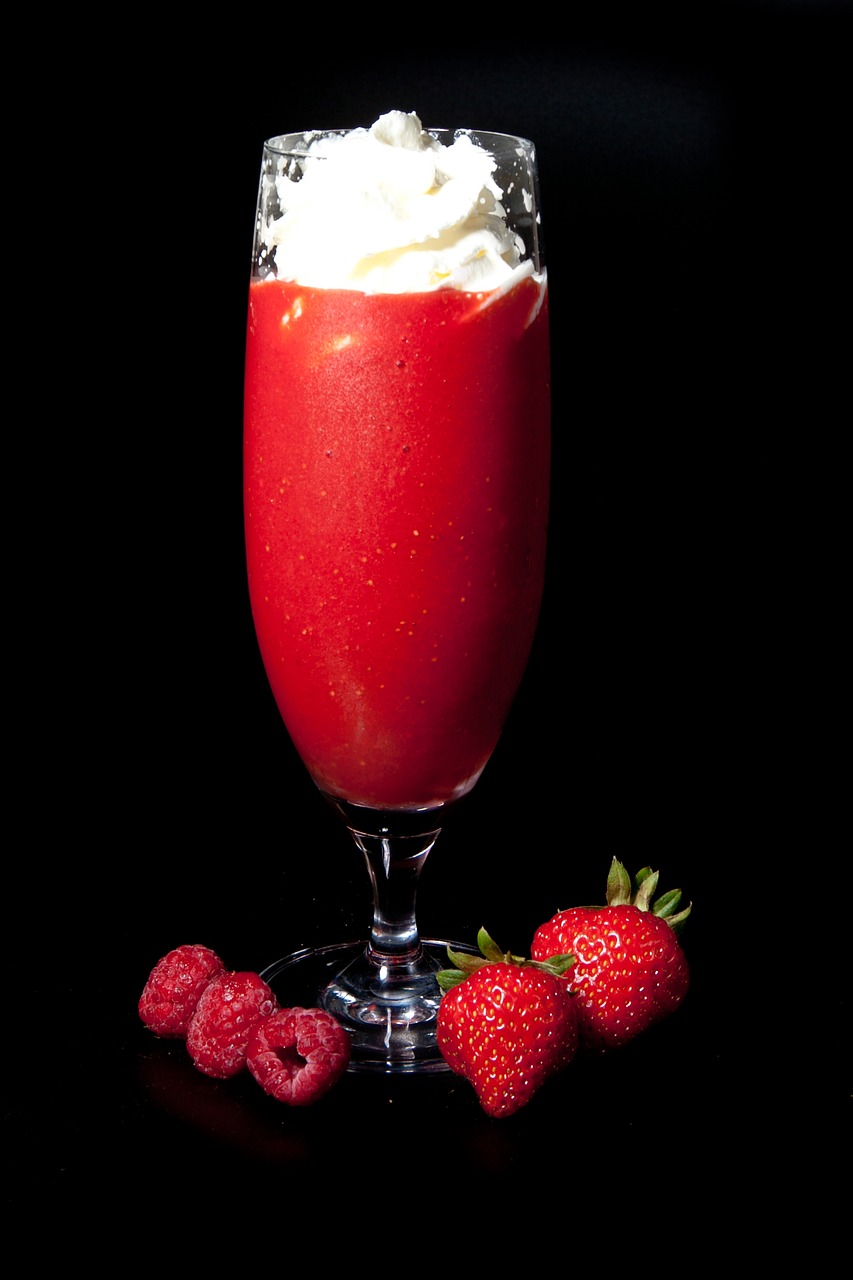The Essence of Dou Mu Yuan Jun: Mother of the Big Dipper
“Dòu mǔ yuán jūn” (斗姆元君), commonly called “Dou Mu” (斗姆), is also identified as “Zhōng tiān fàn qì dòu mǔ yuán jūn” (中天梵气斗母元君). This term combines “Dòu” referring to the Big Dipper’s stars and “Mǔ,” meaning mother, illustrating Dou Mu as the mother of these celestial entities.
Historical Background of Dou Mu Yuan Jun
According to the ancient text “Yù qīng wú shàng líng bǎo zìrán běidǒu běn zhēn jīng” (玉清无上灵宝自然北斗本真经), Dou Mu was once the favored concubine of “Zhōu yù wáng” (周御王) from the period of “Lóng hàn” (龙汉). Her original name was “Zǐguāng fūrén” (紫光夫人). The king was known for his virtue, while the princess was wise and benevolent. She expressed a longing for numerous sons to aid in ruling the kingdom. One spring day, adorned by blooming flowers and radiant sunshine, Zǐguāng fūrén found delight in the royal garden. Upon reaching the Golden Lotus Pond, she bathed in the warm, healing waters, harnessing the earth’s and sky’s spiritual essence.
As a result of her spiritual immersion, she bore nine sons. The eldest became known as the “Emperor of Heaven,” “Tiānhuáng dàdì” (天皇大帝), while the second son was “Zǐ wēi dàdì” (紫微大帝). The remaining seven sons represented the Big Dipper’s Seven Stars—Tān láng, Jù mén, Lù cún, Wén qū, Lián zhēn, Wǔ qū, and Pò jūn, collectively known as “Běidǒu qīxīng” (北斗七星).
The Evolution of Dou Mu
Dou Mu is a significant figure in Taoism, originating from the Yīn Qì (阴炁) energy of “Yuánshǐ tiānzūn” (元始天尊) and developing from “Tài yǐ yuán jūn” (太乙元君) to aid the Jade Emperor in celestial governance. In various incarnations, Dou Mu is also recognized as a Pre-Heaven Deity, with “Zǐguāng fūrén” serving as one of her representations. What’s notable is the occasional amalgamation of Dou Mu’s characteristics with those of other deities such as Zhǔn tí púsà (准提菩萨) and Zhōng tiān dà fàn dòu lǎo yuán jūn (中天大梵斗姥元君), due to similar handseal practices.
Dou Mu’s roots trace back to an ancient Indian deity, “Mó lì pū tiān dàshèng” (摩利攴天大圣), whose conversion into a bodhisattva led to a transformation from a male figure into a fearsome goddess. This evolution is mirrored in the stages of development within Buddhist tantra and later integrated into Taoism, becoming the revered goddess worshipped today.
Taoist Symbolism and Interpretations
Within this context, Dou Mu emerges as a divine protector, utilizing supernatural abilities to avert disasters, safeguard lives, and enhance longevity. Statues typically depict Dou Mu with three eyes, four heads, and eight arms, signifying her power. She is often shown holding various sacred items, including a halberd, bow, bell, and seal, and is believed to preside over numerous celestial aspects.
The scriptures also detail Dou Mu’s affiliation with the lunar calendar, particularly her day of honor celebrated on the ninth day of the ninth lunar month. Notably, texts suggest that Dou Mu and the Jade Emperor’s duality can be attributed to their connections with both day and night energies.
In the revered “Yù qīng wú shàng líng bǎo zìrán běidǒu běn shēng zhēn jīng,” Dou Mu claims ties to the primordial heavens, emphasizing her powerful heritage and immense abilities. Her wisdom is described as coalescing into a form of enlightenment, radiating far beyond her earthly existence.
Manifestations and Encounters
Representations of Dou Mu often show her seated on a lotus throne atop a white jade turtle. She is flanked by “Yù fàn” and “Miào fàn,” heavenly kings who play protective roles. Her appearances are regarded as omens of profound change, revealing her multifaceted nature and capacity for transformation.
She has appeared numerous times in Chinese history, assisting individuals in moments of need. For instance, during challenging times, her spectral presence has reportedly taken on forms where her lavish vehicle is pulled by seven hogs, symbolizing the Big Dipper’s stars. This connection is drawn from historical Buddhist texts and the adaptations of figures across religious boundaries.
Exemplifying her versatility, Dou Mu has appeared as various deities, such as “Lí shān lǎomǔ” and “Tiān lǎo cí zū,” signaling her guidance and wisdom for those in distress.
The Chariot of Hogs
The imagery of Dou Mu riding a chariot drawn by seven hogs is inextricably linked to the notion of the seven stars of the Big Dipper. This depiction is rooted in Buddhist traditions, influencing Taoist narratives that integrate astronomical elements. Various legends document Dou Mu exercising her powers during pivotal moments, affecting the cosmos and people’s lives alike.
In moments of dire need, her intervention has been seen, similar to how she assisted an execution victim through the extraordinary act of manipulating celestial bodies. Such narratives encapsulate the reverence for Dou Mu and cement her as a figure of hope, assistance, and celestial protection in Taoist beliefs.
The intricate symphony of historical references, spiritual evolution, and manifestations in both Taoism and Buddhism underscores Dou Mu’s prominent status as a divine mother figure intertwined with the natural order and cosmic balance.



